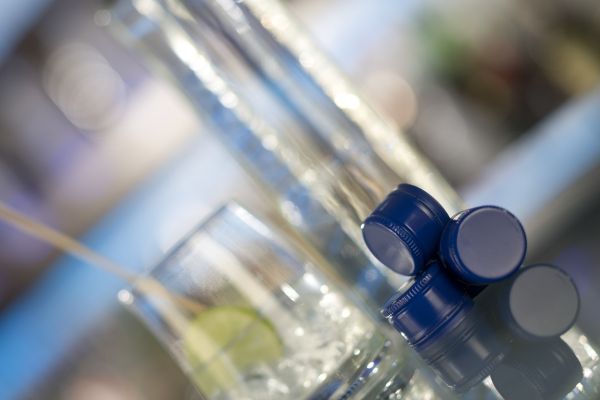

Sustainability
Benefits for the Environment
Reducing waste is a major objective in every area of food and drink production and consumption. To understand what is meant by `more sustainable’ it is important to look at the complete picture. For wines, edible oils and many other liquid foods, waste represents not only the loss of some of the product – or sometimes even the complete product – but also the energy, water, fertilisers and other materials used to produce, process and package them.
In the case of bottled wine an independent full lifecycle assessment known as an LCA (click here for more details), has shown that systems using aluminium closures have a better environmental performance and prevent wine spoilage. It is estimated that between 2 and 5% of bottled wine is wasted due to corkage. The aluminium closure provides a more sustainable solution by both using less resources and energy through preserving and protecting the product better and by being recyclable.
Aluminium is a material with impressive sustainability credentials. It is widely available and, through recycling, saves a lot of energy. About 75% of the aluminium ever produced is still in use today. So, collection and recycling of aluminium closures is simply natural. A minimum 4 out of 10 aluminium closures consumed in Europe are already recycled today – either separately or together with the glass packaging fraction. This figure can be easily improved as long as the volumes of aluminium closures increase and simple and clear collection instructions are communicated widely to consumers.

